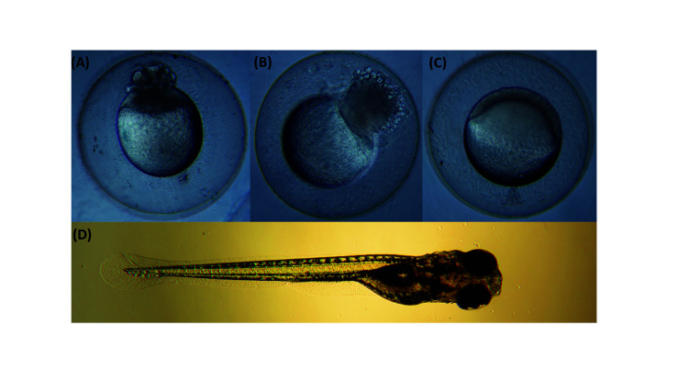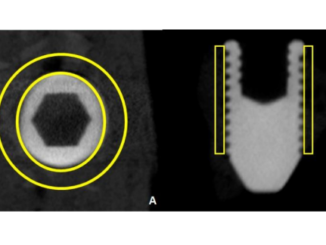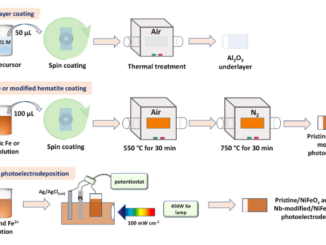
Calcium Chloride Toxicology for Food Safety Assessment Using Zebrafish (Danio rerio) Embryos
Abstract: The salt calcium chloride (CaCl₂) is widely used in industry as a food additive; levels for human consumption are regulated by international or governmental agencies. Generally, the food industry relies on toxicity studies conducted in mammals such as mice, rats, and rabbits for determining food safety. However, testing in mammals is time-consuming and expensive. Zebrafish have been used in a range of toxicological analyses and offer advantages with regard to sensitivity, time, and cost. However, information in not available with regard to whether the sensitivity of zebrafish to CaCl₂ is comparable to the concentrations of CaCl₂ used as food additives. The aim of this study was to compare the CaCl₂ tolerance of zebrafish embryos and larvae with concentrations currently approved as food additives. Acute toxicity, embryotoxicity, cardiotoxicity, and neurotoxicity assays were used to determine the threshold toxic concentration of CaCl₂ in zebrafish embryos and larvae. The data showed that doses above 0.4% had toxic effects on development and on the activity of the cardiac and neuronal systems. Furthermore, all embryos exposed to 0.8 and 1.6% of CaCl₂ died after 24 hpf. These findings are consistent with the limits of CaCl₂ concentrations approved by Codex Alimentarius. Therefore, zebrafish embryos could be suitable for screening food additives.
Author(s): Bailone, R. L.; Fukushima, H. C. S.; de Aguiar, L. K.; Borra, R. C.
Comparative Medicine
Volume 72, Number 5, October 2022, pp. 342-348(7)
DOI: 10.30802/AALAS-CM-22-000009
CDMF
The CDMF, hosted at the Federal University of São Carlos (UFSCar), is one of the Research, Innovation and Dissemination Centers (RIDC) supported by the São Paulo State Research Support Foundation (Fapesp), and also receives investment from the National Council Scientific and Technological Development (CNPq), from the National Institute of Science and Technology of Materials in Nanotechnology (INCTMN).




